Trucks have long been a staple of utility and ruggedness. However, in the pursuit of modernity and comfort, many features have been introduced that detract from their original purpose. Here, I explore nine features that have arguably made trucks worse over time.
Overly Complex Infotainment Systems
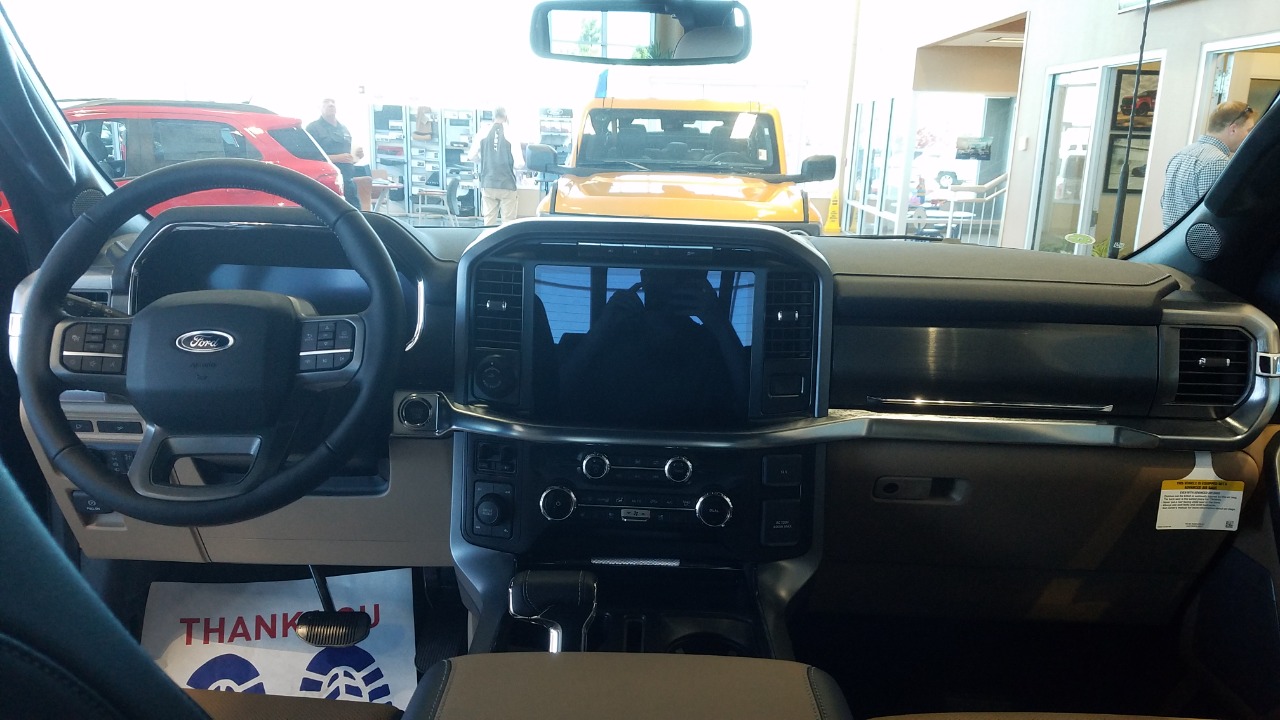
The introduction of complex infotainment systems in trucks was meant to enhance the driving experience, but often, it does the opposite. These systems can be distracting, requiring drivers to take their eyes off the road to navigate through various menus. In addition, the software can be buggy or slow, leading to frustration rather than convenience.
Moreover, the complexity of these systems can be overwhelming for users who are not tech-savvy. According to a study, too many options can lead to a paradox of choice, leaving drivers dissatisfied with their user experience.
Excessive Size and Bulk
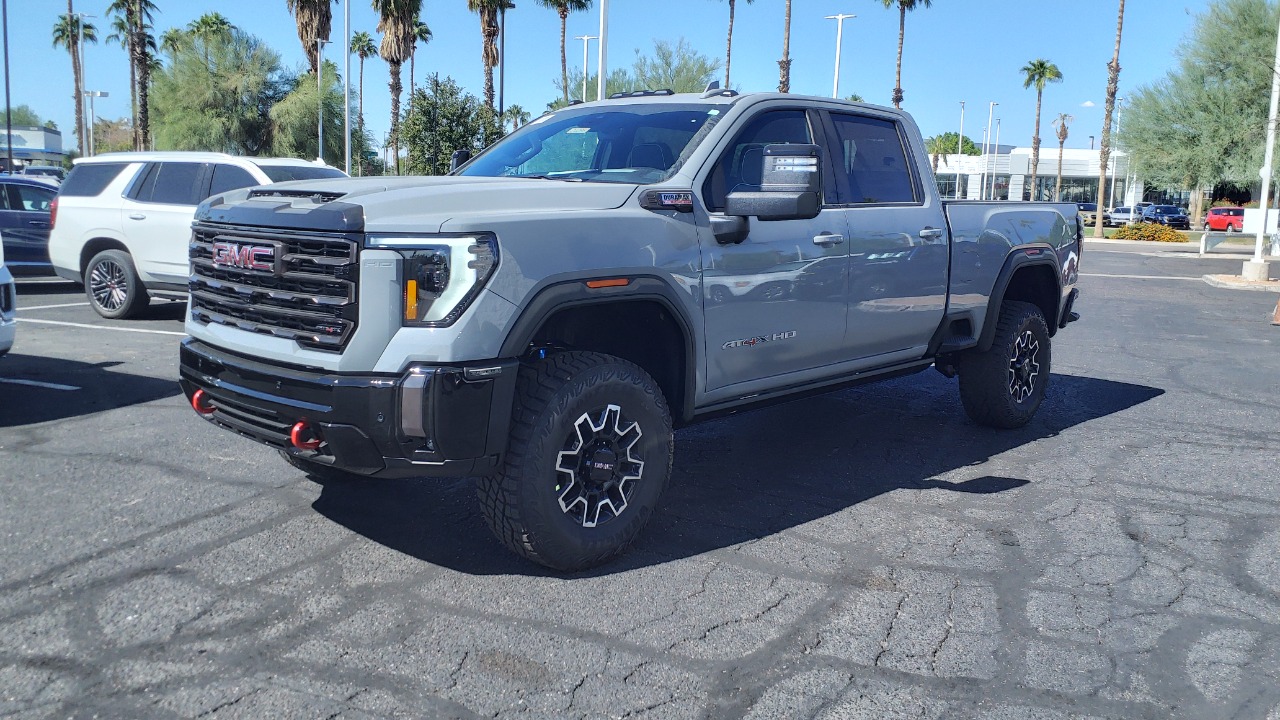
Trucks have grown significantly over the years, and while this might sound like a positive development, it often leads to more problems than solutions. The increase in size makes parking in urban areas difficult and can be intimidating for other drivers on the road. This excessive bulk also contributes to higher fuel consumption, which is a concern for both the environment and the driver’s wallet.
Furthermore, the larger size does not necessarily translate to increased utility. Often, the extra bulk is more about aesthetics than function, leaving users with a vehicle that is cumbersome to maneuver without offering substantial benefits.
Poor Fuel Efficiency
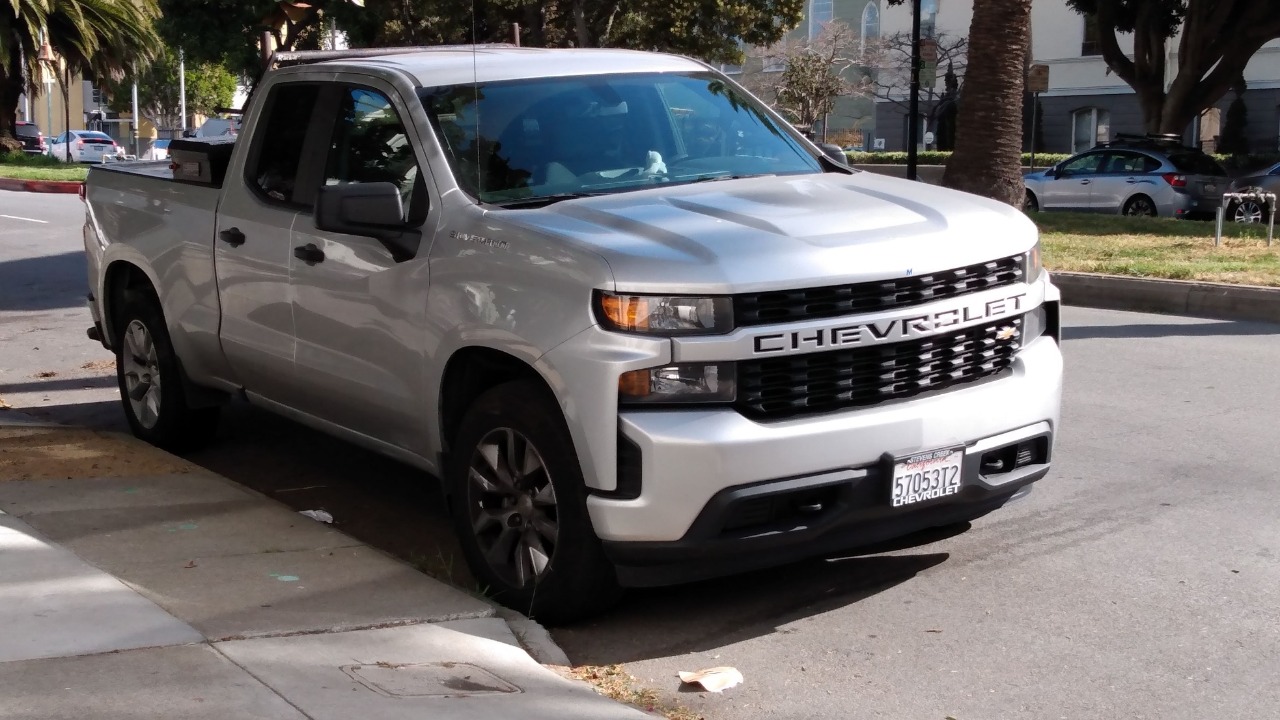
Despite advancements in engine technology, many trucks still suffer from poor fuel efficiency. This is exacerbated by their increased size and often unnecessary weight. As fuel prices rise, the cost of owning a truck becomes less justifiable, especially for those who do not use them for their intended heavy-duty purposes.
The environmental impact is also significant. Trucks contribute to higher emissions levels, and with their growing popularity, this has become a concern for policymakers and environmentalists alike. According to research, improving fuel efficiency is crucial for reducing the carbon footprint of vehicles.
Reduced Towing Capacity
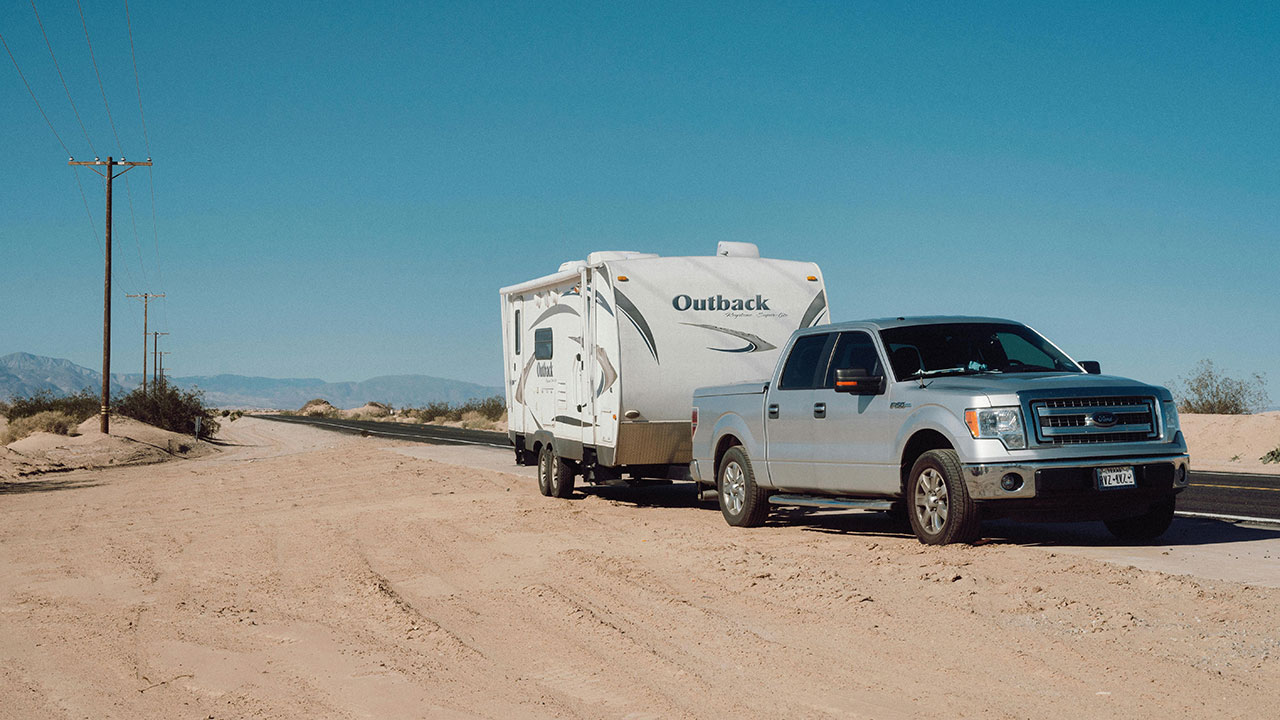
One of the primary reasons people purchase trucks is for their towing capacity. However, modern design changes have sometimes led to a reduction in this critical feature. Manufacturers may prioritize aesthetics or cabin comfort over functional capabilities, which can leave users unable to perform tasks that trucks are traditionally known for.
While some models still offer robust towing capabilities, others sacrifice this feature in favor of other elements like luxury interiors and advanced technology, diluting the essence of what makes a truck a truck.
Lack of Manual Transmission Options

Manual transmissions are becoming a rarity in modern trucks, which is a disappointment for many driving enthusiasts. Automatic transmissions are often favored for their convenience, but manual options provide better control, especially in challenging driving conditions.
For those who use their trucks primarily for work purposes, the absence of a manual transmission can be a dealbreaker. The lack of this option limits the truck’s versatility and appeal to a broader audience.
Overly Aggressive Styling
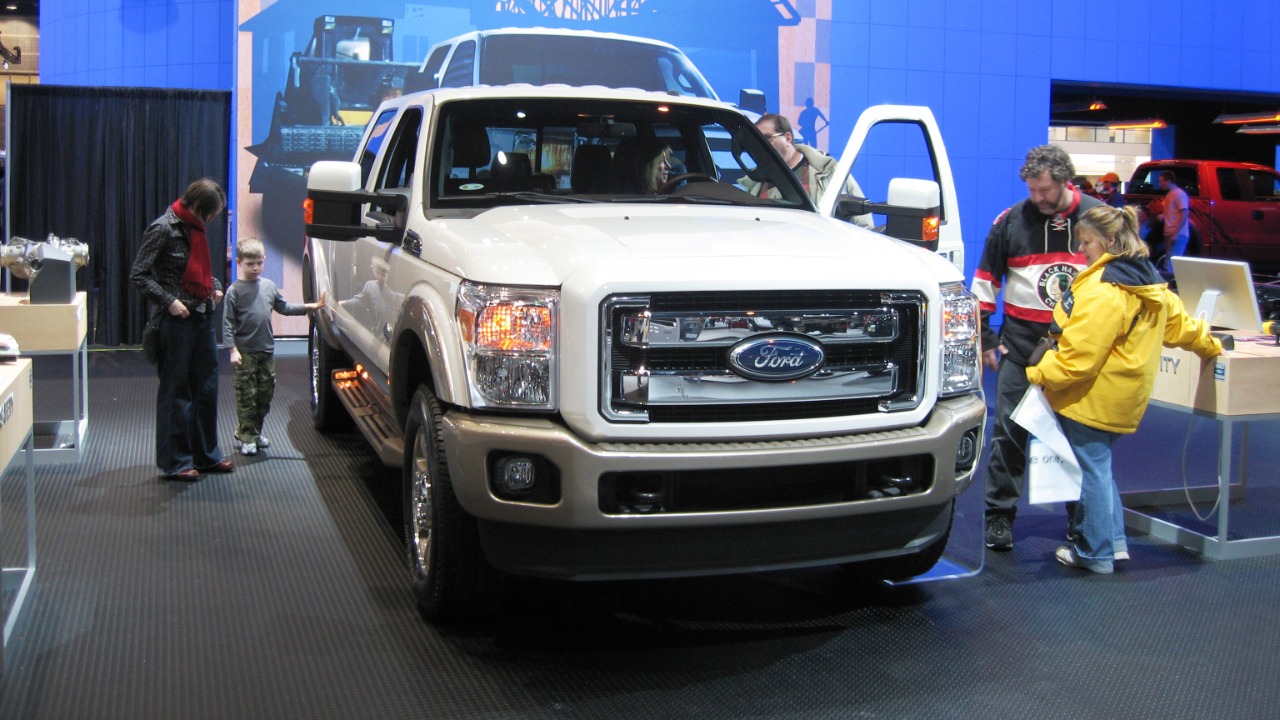
In recent years, truck designs have trended towards a more aggressive and rugged aesthetic. While this might appeal to some, it often comes at the expense of practicality. Overly aggressive styling can make trucks less aerodynamic, leading to the aforementioned issues with fuel efficiency.
Moreover, these design choices can alienate potential buyers who prefer a more classic or understated look. The emphasis on appearance can detract from core functionalities, making the truck less effective at fulfilling its primary roles.
Compromised Off-Road Capability
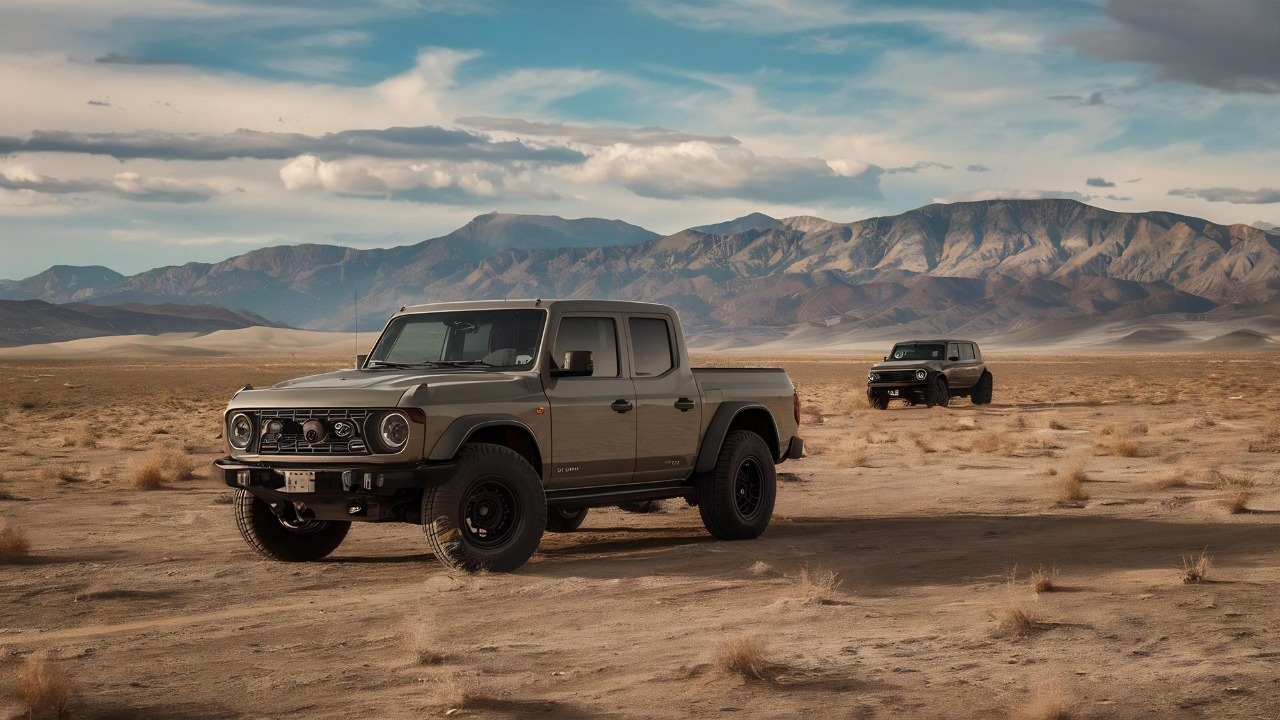
Off-road capability is a hallmark of trucks, but modern models sometimes compromise this feature in favor of on-road comfort. Suspension systems may be tuned for smooth highway driving, leaving the vehicle less equipped to handle rugged terrains.
For those who purchased their trucks with the expectation of off-road adventures, this can be a significant letdown. It’s essential for manufacturers to find a balance between comfort and capability to satisfy the diverse needs of truck owners.
Limited Bed Versatility
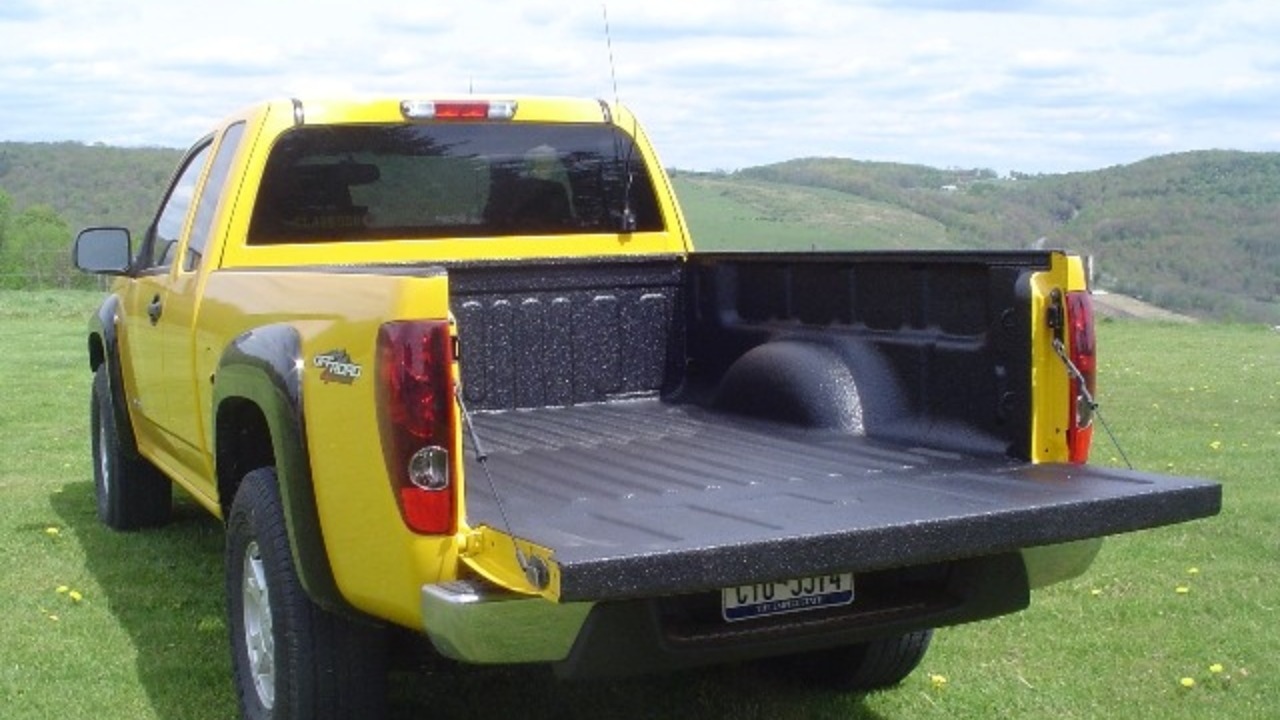
While trucks are known for their cargo-carrying capacity, modern designs often limit the versatility of the truck bed. Features like fixed bed liners and non-modular designs can restrict what you can transport and how you organize your cargo.
This limitation can be frustrating for users who rely on their trucks for a variety of tasks. The lack of options for customization or adaptation to specific needs can reduce the overall utility of the truck.
High Repair and Maintenance Costs

With the addition of complex technology and advanced features, the cost of repairing and maintaining modern trucks has increased significantly. This can be a burden for owners, especially those who use their trucks for work and cannot afford prolonged downtimes.
Additionally, the reliance on specialized parts and services can make finding affordable repair options difficult. As discussed in forums, many truck owners feel trapped by high repair costs, which can detract from the overall ownership experience.